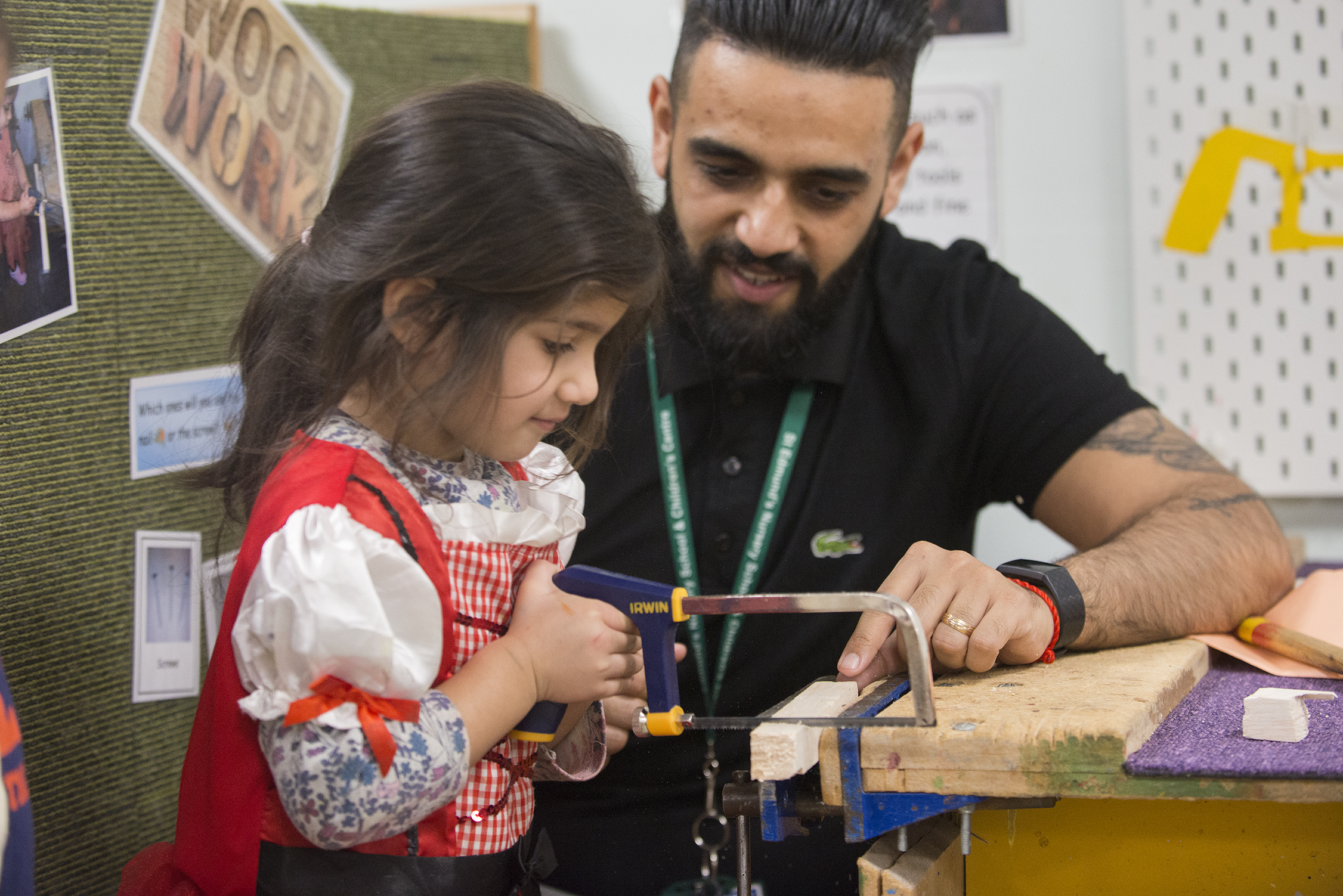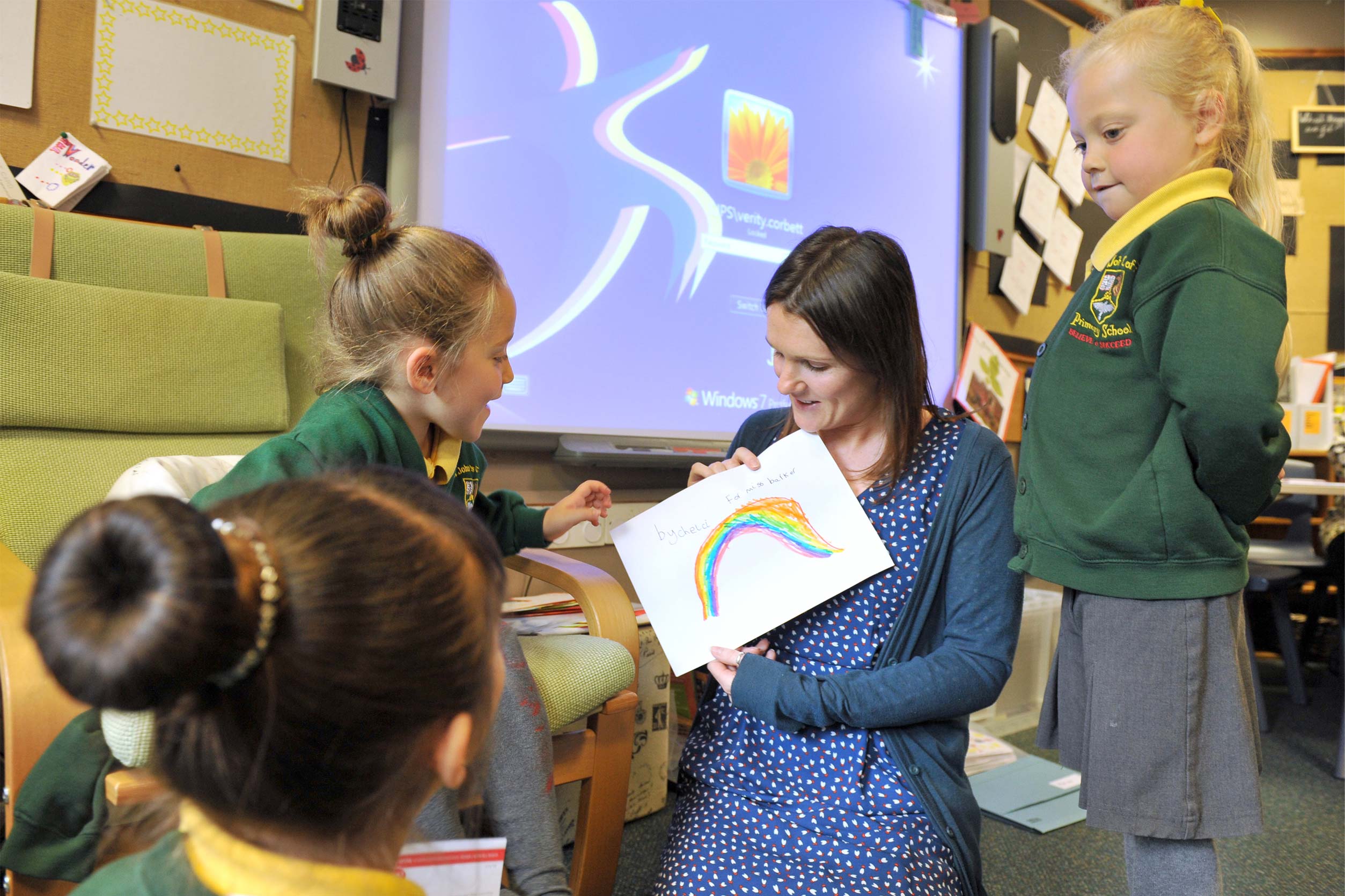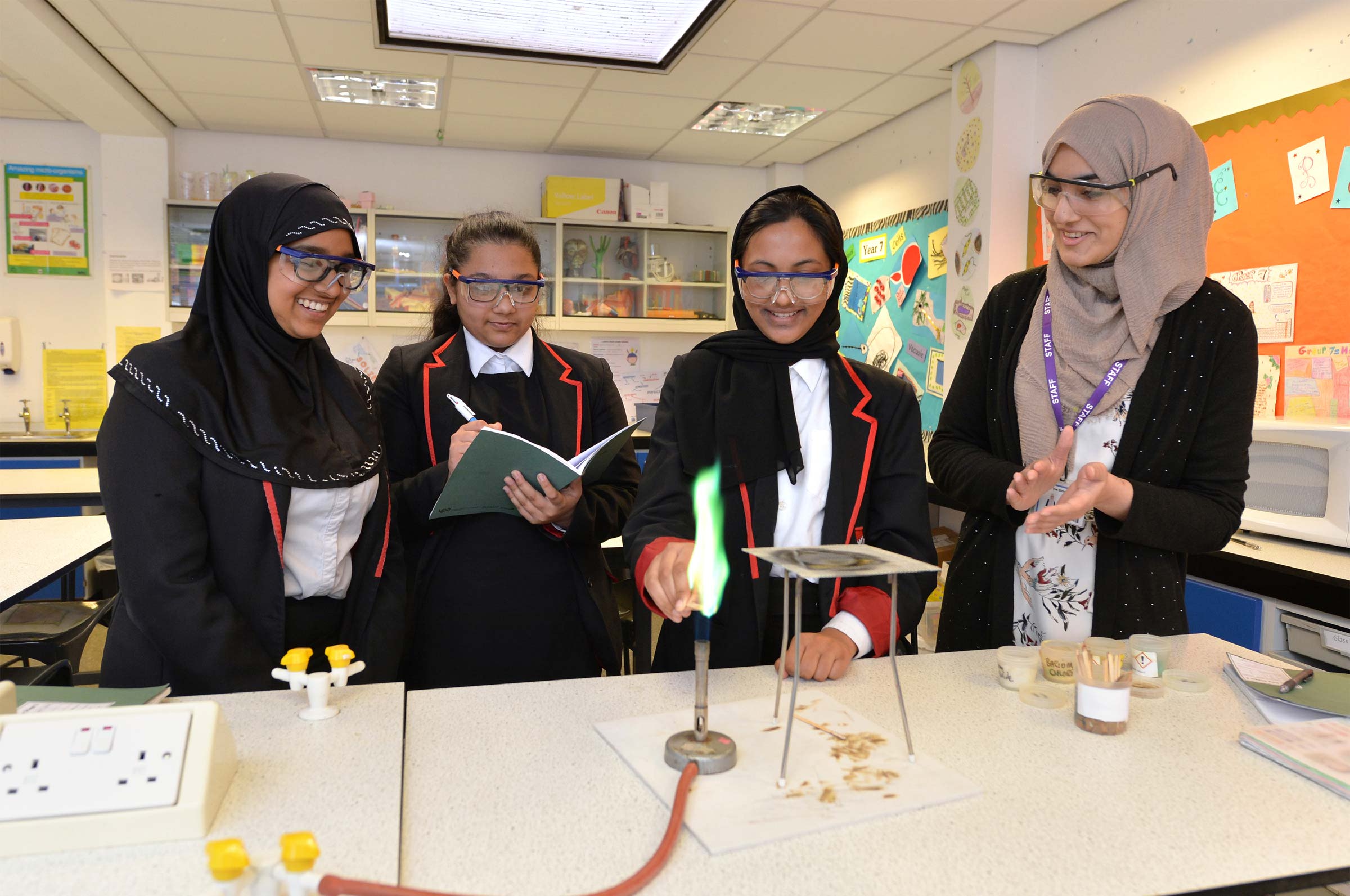12-15 MONTHS
This is a 12-15 month training programme, with real life experience working as part of a team with children 0-5.
EY PRACTITIONER L2 DIPLOMA
Upon completion of this course, you will gain Level 2 Diploma.
other certificates
You will also have the opportunity to gain further qualifications.
FACE-TO-FACE TRAINING
This course will have at least 1 day a week of face-to-face training.
ASSESSMENT METHOD
The course will be marked based on the submission of a portfolio and in-person observations.
fun and rewarding
A job working with children is great! You will help children learn and grow.
The Job Role
Work and interact directly with children on a day to day basis supporting the planning of and delivery of activities.
It is also known as:
- Assistant Childminder
- Early Years Practitioner
- Nanny and Early Years Worker
- Nursery Assistant
- Nursery Nurse
- Nursery Practitioner
The Skills You Will Learn
- Support babies and young children through a range of transitions e.g. moving onto school, moving house or the birth of a sibling.
- Recognise when a child is in danger, at risk of serious harm or abuse and explain the procedures to be followed to protect them. Types of abuse including: domestic, neglect , physical, emotional, and sexual abuse.
- Identify risks and hazards in the work setting and during off site visits relating to both children and staff
- Demonstrate skills and understanding for the prevention and control of infection, including hand washing, food preparation and hygiene, dealing with spillages safely, safe disposal of waste, using correct personal protective equipment.
- Use equipment, furniture and materials safely, following the manufacturers’ instructions and setting’s requirements.
- Encourage children to be aware of personal safety and the safety of others and develop personal hygiene practices (including oral hygiene).
- Promote health and wellbeing in settings by encouraging babies and young children to consume healthy and balanced meals, snacks and drinks appropriate for their age and be physically active through planned and spontaneous activity throughout the day, both indoors and outdoors.
- Carry out respectful care routines appropriate to the development, stage, dignity and needs of the child, including eating (feeding and weaning/complimentary feeding), nappy changing procedures, potty/toilet training, care of skin, teeth and hair and rest and sleep provision.
(Read more information provided by gov.uk, here).
Core Modules
This apprenticeship will cover 5 different Core Modules over the course of 12-15 months. As the course is a rolling programme, you can start your apprenticeship journey at any of our entry points throughout the year. This means that your entry point may be at the start of any of our core modules, but all of the units will be covered throughout the duration of your course.
Core Module 1 - How Children Learn
Unit 1 - Child Development
Knowledge of Child Development.
Unit 2 - Play
Support the planning of and deliver activities, purposeful play opportunities and educational programmes.
Core Module 2 - Statutory Requirements
Unit 3 - Health and Safety
Health and Safety in an Early Years Setting.
Unit 4 - Safeguarding
Safeguarding in an Early Years Setting.
Core Module 3 - Relationships
Unit 5 - Working in Partnership
Working with others: Parents, colleagues and other professionals.
Unit 6 - Promoting Wellbeing
Promoting Wellbeing in an Early Years Setting.
Core Module 4 - Areas of Learning and Assessment
Unit 7 - Working withing the EYFS
Knowledge of Child Development.
Support the planning of and deliver activities, purposeful play opportunities and educational programmes.
Unit 8 - Communication
Communication with babies and young children.
Unit 9 - Support Children with Special Educational Needs and Disabilities
Support Children with Special Educational Needs and Disabilities.
Core Module 5 - Professional Development
Unit 10 - Reflective Practice and Professional Development
The Role of an Early Years Practitioner.
End of Practical Period
Gateway & End Point Assessment (EPA)
- Gateway meeting with End Point Assessor.
- Revision on all diploma criteria linked to portfolio.
- Mocks.
How will you be assessed at the end of the course:
- Portfolio (Pass or Distinction)
- Multiple choice quiz
- 60 minute professional discussion
Apply Now
Apply to the course here.
Entry Requirements
- Energy, enthusiasm, patience and the desire to make a real difference to children’s lives
- Experience with children
- A can-do attitude and willingness to learn
- Good communication skills
- A positive attitude to team work
- A good level of Maths and English
- Eligible residency status and the right to work in England

